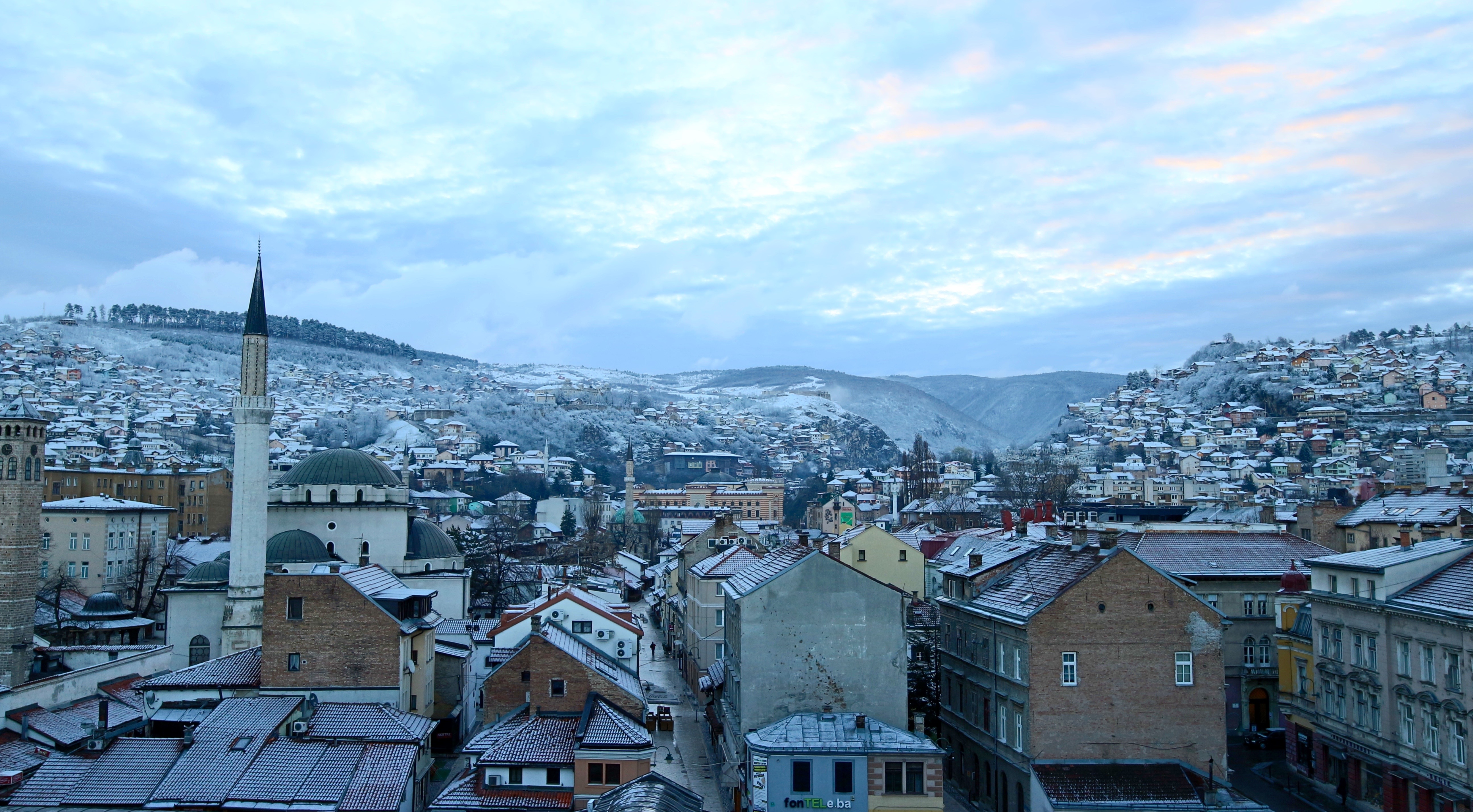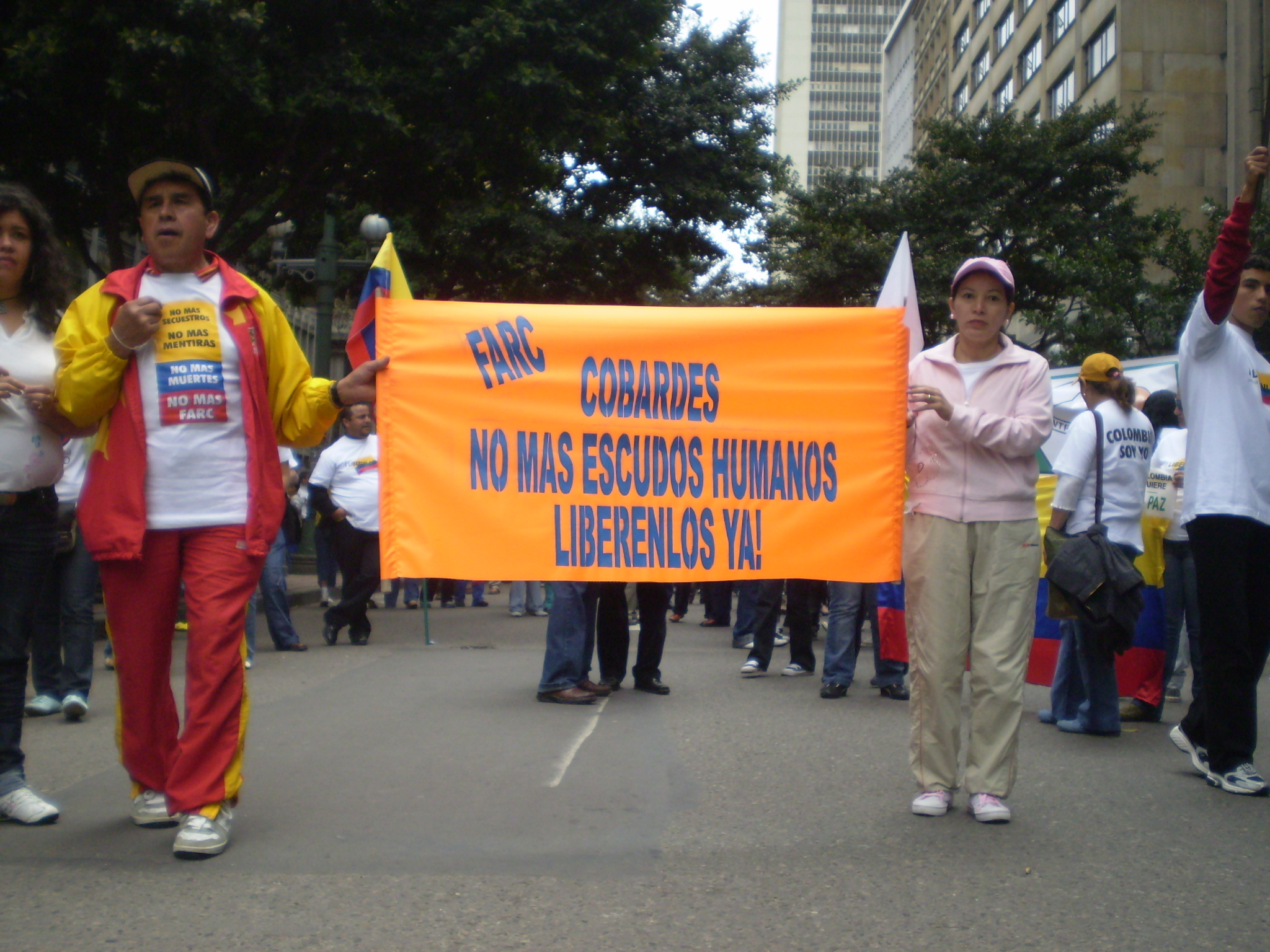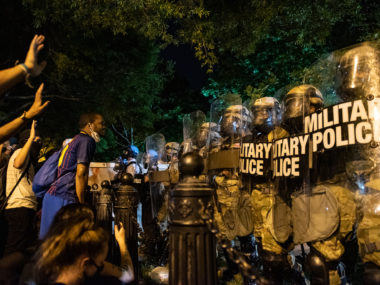By Maja Halilovic-Pastuovic for Denver Dialogues.
It has been three and a half years since the ‘decolonizing education’ movement began. On March 9th, 2015, Chumani Maxwele traveled by minibus to Khayelitsha—a black township just outside Cape Town—and picked up a plastic box full of human feces. Maxwele brought the box to the University of Cape Town campus, where he enrolled as political science student a few years prior, and threw its contents onto the statue of British colonialist Cecil John Rhodes. This act kick-started the Rhodes Must Fall Movement, which morphed into a much wider movement to decolonize education, first nationally then internationally.
The movement takes many forms, but broadly pushes for universities to acknowledge, reflect upon, and rectify structural and epistemological consequences of colonialism. The movement aims for a transformation in education via: i) the interrogation of the nature of knowledge propagated through higher education, ii) decentralization of Western intellectual tradition, ii) exposition and eradication of still present institutional racism and iii) and increased diversity among both students and faculty.
While the movement’s intellectual foundations can be traced back to the 1990s and the postcolonial theory project—whose principal text was Edward Said’s Orientalism—it is only today that his analysis is translating into actual institutional change
What can we learn from decolonisation of education movement that is relevant for peacebuilding in divided societies?
The importance of education
Education is often neglected when discussing reconciliation and peacebuilding in divided societies. Instead, peacebuilding actors are mostly focused on security issues in these areas. When education is included in peacebuilding efforts, most often it is in the form of conflict resolution and/or human rights awareness training. This is an important oversight given education’s relationship to economic, political, and cultural power. The structuring of knowledge in educational institutions is intimately related to principles of social and cultural control; most importantly, schools are crucial sites for the creation of national identity and social norms. The kinds of narratives that are chosen as official knowledge within educational institutions in post-conflict societies informs us as to what kind of society is being created.
The pivotal role of education in divided societies
This is very relevant in the case of Bosnia. Bosnia is a country that has fallen into what Lise Howard calls the ethnocracy trap. Ethnocracy is a political system in which political and social organisations are founded on ethnic belonging rather than individual choice—places where political parties are based on ethnic interest, where ethic quotas determine key posts, and where state institutions are segmented by ethnic group. In Bosnia, the Dayton Agreements institutionalized extreme consociationalism, essentially forcing Bosnia into the ethnocracy trap.
This is particularly evident in education—as an institution, it is based upon segregation. Not only are schools fully segregated on the basis of ethnicity, but there are separate textbooks and separate curricula to match group ‘identities’. Preliminary data analysis of history and geography textbooks in Bosnia for the academic years of 2016/17 and 2017/18 show significant inconsistencies in their respective reporting of historical events, omissions, and in some cases extreme acts of ‘othering’. Furthermore, the analysis of documentary materials related to the Bosnian education system reveals that student textbooks are written, discussed, and disseminated in a highly politicized environment. Governmental guidelines in Bosnia, represented in the Federation by FMON, insist that at least 70% of student textbooks have ‘common core’ when it comes to the content. This means that 30% of content is being left to the ‘local context’. This local context means that decisions on what type of content to include in the textbook are made by Cantonal Ministries . There are ten Ministries in the Federation of Bosnia and Herzegovina—the type of textbook distributed therefore depends on the local population composition. In addition, Republika Srpska has its own ministry, its own ethnicized curricula, and does not acknowledge or cooperate with the Federation on Bosnia with regard to education.
In short, educational curriculum in Bosnia and Herzegovina is being colonized by ethnic divisions, extreme ethnic narratives, and a new post-Dayton nationalism. This type of education produces and re-produces structural inequalities in Bosnia and results in discrimination, lack of diversity, and alienation amongst student populations.
Student voices need to be heard
Bosnian students are aware of the ethnocracy trap present in the education system. In fact, Bosnian students are on the streets already—they are raising their voices against divisions in education and segregated curriculum. The movement started in the summer of 2016 in the Bosnian town of Jajce when students successfully reversed local government plans to build another segregated high school. Students of all backgrounds—Croatian, Serbian, and Bosnian—marched together through the city center carrying flags to represent all three ethnicities asking for a united curriculum. They also organized walk-outs from classrooms and gave interviews to numerous media outlets highlighting their requests. Two weeks ago, on July 27th, their efforts were rewarded as the students received the prestigious Max van der Stoel Award—given every two years by the OSCE for outstanding achievements in promoting integration and social cohesion— for their courage and persistence to end segregated education. The students are fighting for a way out of the ethnicity trap and asking for a different future. We should listen.
Maja Halilovic-Pastuovic is Marie Curie Research Fellow at the Josef Korbel School of International Studies at the University of Denver and the Irish School of Ecumenics at Trinity College Dublin (Ireland). This project has received funding from the European Union’s Horizon 2020 research and innovation programme under the Marie Sklodowska-Curie grant agreement No 708249.





